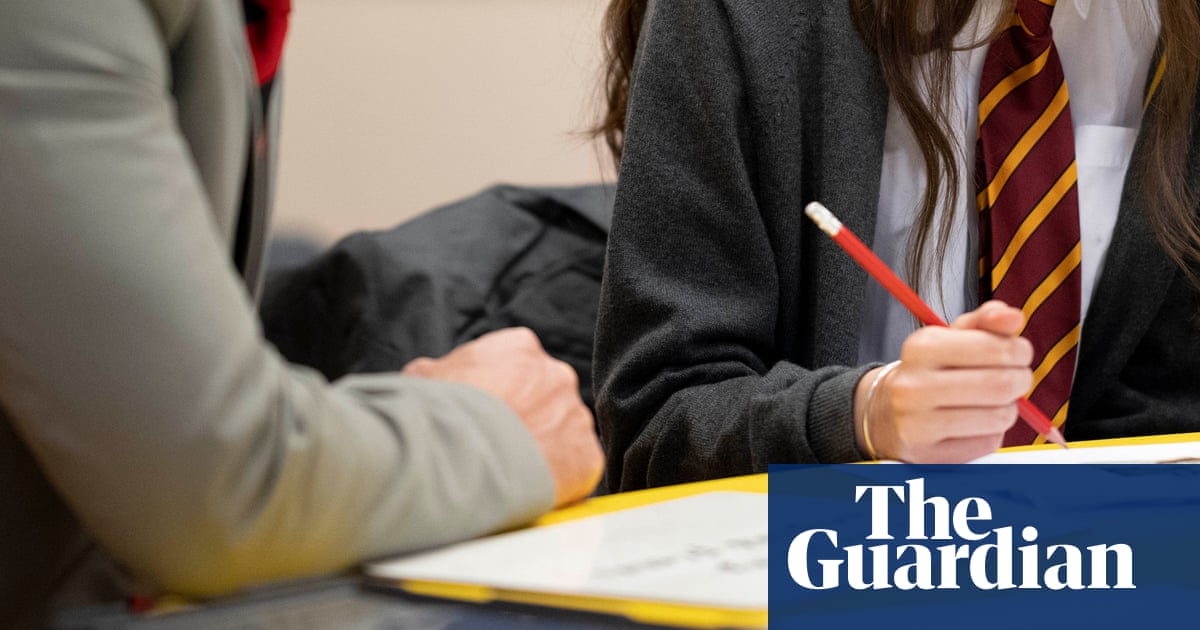
University undergraduates are being trained to tutor disadvantaged pupils who have fallen behind as a result of the Covid pandemic, in a new pilot set up to boost education recovery efforts in England’s schools.
Student volunteers are given training, including a series of lectures, before being assigned to a school where they teach small groups of up to three children once a week to try to plug learning gaps.
The trial, which is currently focused on boosting literacy, has been set up by the University of Exeter and is still in its early stages, but the team behind it hope it will be replicated at other universities and rolled out in schools across the country.
The project is independent of the National Tutoring Programme (NTP), the government’s flagship education recovery policy, which offers subsidised tutoring to children who are struggling to catch up after the disruption of Covid and lockdown.
After a troubled start, the NTP met its pledge to deliver 2 million tutoring courses last year, but still fell short of its target to reach disadvantaged pupils who were more severely affected by the Covid disruption. There are also concerns about future uptake once the subsidy paid by the government is cut from 60% to 25% in 2023.
Meanwhile, the attainment gap between wealthier pupils and their poorer classmates is getting wider since the pandemic and more needs to be done to help disadvantaged young people catch up, according to Lee Elliot Major, professor of social mobility at Exeter, who has helped develop the undergraduate tutoring programme with local headteacher Lindsay Skinner.
“This is part of our efforts to recover in terms of education post-pandemic, to address some of the stark learning gaps that have emerged,” he said. “One of the issues the NTP has struggled with is supply of high-quality tutors. All these universities have lots of young, highly qualified people.”
The scheme would also help universities to fulfil government expectations that they should be working with local schools to raise attainment, particularly among disadvantaged pupils.
For the undergraduates involved in the Exeter scheme, the training and tutoring constitutes a credit towards their degree. Exeter is also looking to trial an alternative model, under which students are paid for their services.
Currently the Exeter undergraduates are working with students aged 11 and 12 at St Jamessecondary school in the city, but the aim is to involve more pupils and undergraduates next year, focusing on different subjects and skills.
Sophie Errington, who is studying Spanish at Exeter, has just completed a term of tutoring at St James’s, and enjoyed it so much, she is now considering training to become a teacher. “It’s been a really, really rewarding experience,” she said.
“It’s been so good to interact with these kids. Seeing them grow in confidence has been really, really good. It’s also been really good for my English.”
The children’s attainment will be compared before and after tuition to measure its impact.
The minister for skills, apprenticeships and higher education, Robert Halfon, said: “This is a fantastic initiative, and I am hugely grateful to the University of Exeter for their proactive support to help catch up children in their community.
“Tutoring is a key component to our catch-up strategy, and this is a great example of how students can help to play their part.”












